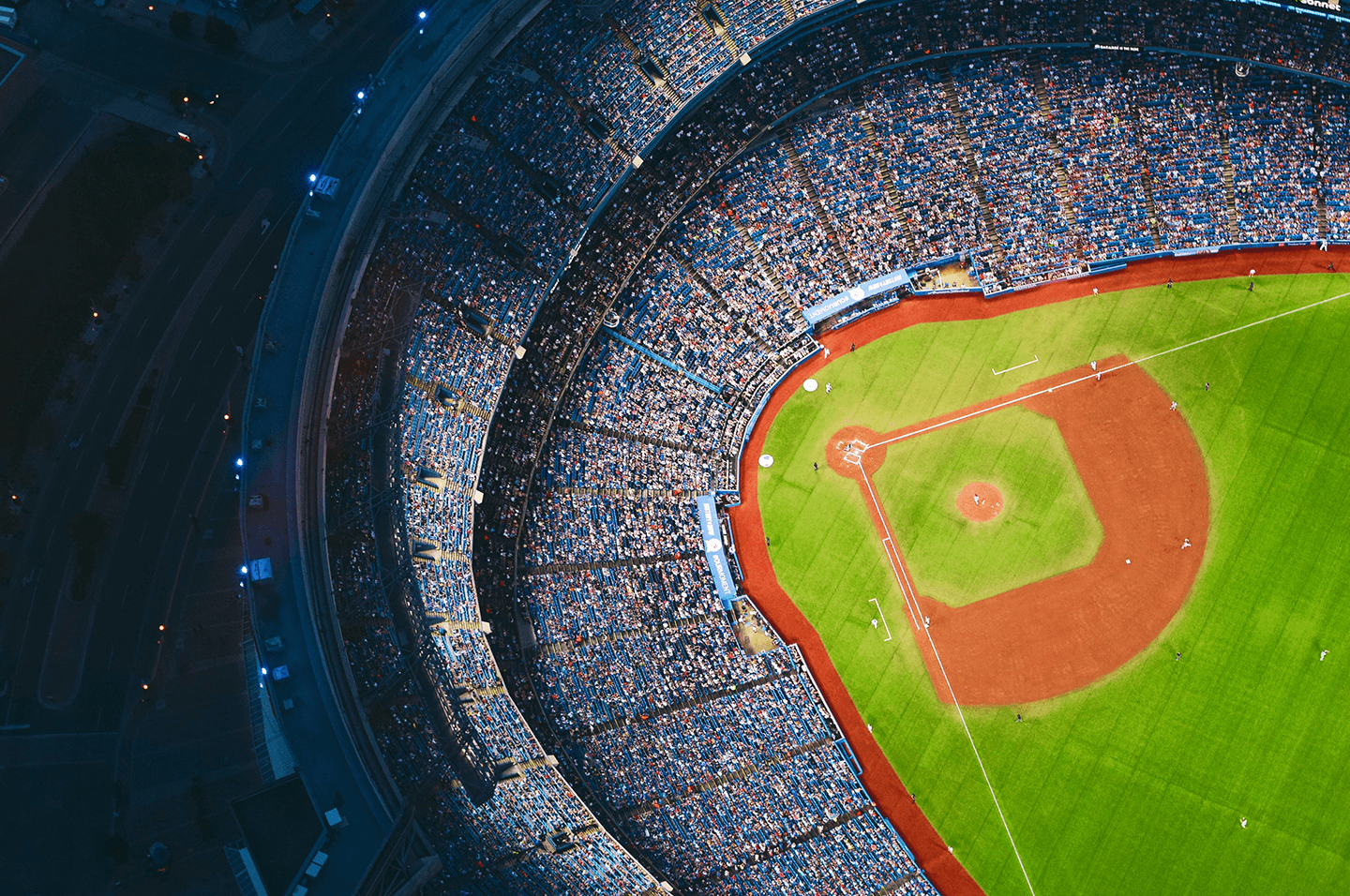
Home Base
Think of Chicago and a flying MJ in the iconic red of the Bulls is probably the first thing that comes to mind. Just like Cleveland is synonymous with Lebron, Boston with Brady/Belichick. Cities build their identity on sports, even if sports don’t do so much for cities.
Think of Chicago and a flying MJ in the iconic red of the Bulls is probably the first thing that comes to mind. Just like Cleveland is synonymous with Lebron, Boston with Brady/Belichick. Cities build their identity on sports, even if sports don’t do so much for cities.
The Federal Reserve of St Louis has conglomerated research on the economic benefits of sports. Michael Leeds of Temple University concluded that an MLB team has the same economic impact as a “midsize department store”. 81 home games, US$130m annually in payroll, millions of viewers every night and they’re about as meaningful as a Macy’s. His research also concluded that Chicago’s 5 biggest teams, Bulls, Bears, Cubs, Whitesox, Blackhawks, contribute to a fraction of 1% of a city’s economy.
Of course, economic calculations do not always take the psychological or sociological benefits of sports into account. A study in Germany found that towns with a Bundesliga 1 Club had 14% higher social football memberships; more people playing football has mental and physical health benefits. At the same time, the partying and commotion that often comes with watching pro sports can drain an economy. 13.9m Americans took the day after the 2018 Super Bowl off work, costing the national economy an estimated US$4.4b.